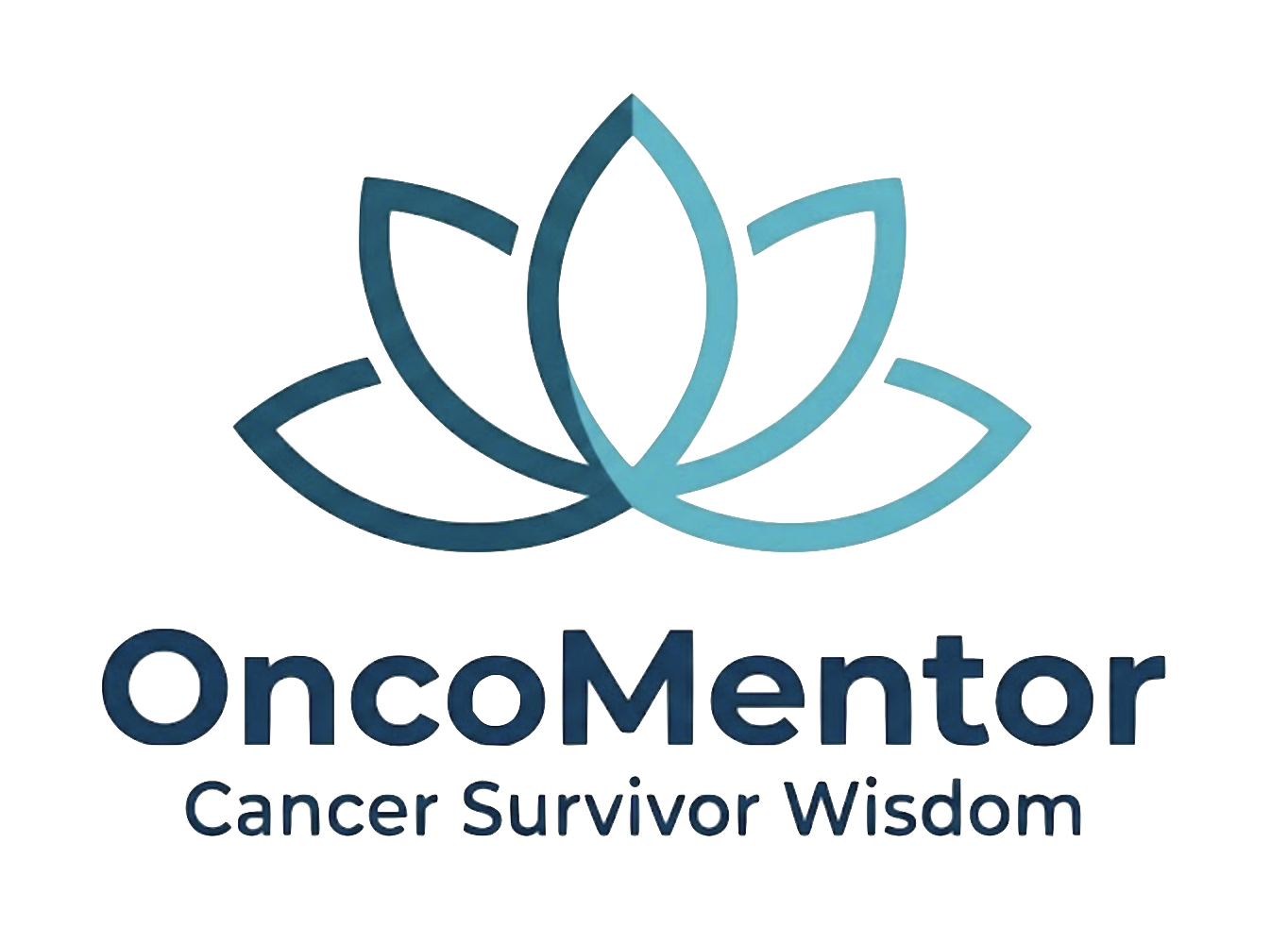Patients whose pheochromocytomas or paragangliomas have resisted every conventional weapon now have a once-daily tablet that can tame the disease, the Food and Drug Administration announced Tuesday. The drug, belzutifan, becomes the first oral therapy ever cleared for these ultra-rare adrenal tumors, which can lurk for decades and then surge with life-threatening surges of adrenaline.
In a single-arm trial of 61 adults whose tumors had progressed despite surgery, radioactive iodine or chemotherapy, 30 patients saw their cancers shrink. Twenty-four stayed in control for at least a year, and one in eight watched lesions vanish entirely on scans. The median response arrived in less than three months and lasted a median of 22 months, longer than most participants had previously managed with prior lines of therapy.
The tumors arise from the body’s adrenaline factories and are famously difficult to treat when they metastasize. Roughly one in five carries an inherited mutation that disables the VHL gene, the same defect that belzutifan exploits. By blocking HIF-2α, a master switch that these tumors rely on for oxygen and nutrients, the pill starves the cancer while sparing patients the intravenous lines and hospital stays that accompany traditional regimens.
Investigators at the National Cancer Institute, MD Anderson and 11 other centers enrolled patients between 2019 and 2022. All had documented progression within the prior year and had exhausted at least one prior systemic therapy. Participants swallowed 120 mg once daily until scans showed growth or side effects became unmanageable. Hypertension, the signature danger of these hormone-spewing tumors, actually improved in many volunteers; 61 percent were able to reduce the number of blood-pressure pills they carried.
The most common side effects were anemia and low oxygen levels, expected consequences of the drug’s oxygen-sensing mechanism. Roughly one in four required a transfusion, and 15 percent paused dosing because of fatigue or shortness of breath. No treatment-related deaths occurred, and fewer than 5 percent discontinued permanently.
FDA granted the approval under its accelerated pathway, contingent on a confirmatory trial already under way that pairs belzutifan with cabozantinib, a standard targeted agent. Merck, which markets the drug as Welireg, set a list price of $24,000 for a 30-day supply but said most insured patients would pay no more than $50 per month through a co-pay assistance program.
For patients like the 49-year-old teacher from Missouri whose paraganglioma had seeded dozens of abdominal nodules, the approval offers a reprieve measured not in years but in breaths. “I no longer schedule my life around infusion chairs,” she told investigators during the trial. Whether the benefit endures will be answered in the larger study expected to read out in 2026; until then, oncologists finally have something to write on a prescription pad instead of a calendar.
Source:https://www.fda.gov/drugs/resources-information-approved-drugs/fda-approves-belzutifan-pheochromocytoma-or-paraganglioma
This article is for informational purposes only and does not constitute medical advice. The content is not intended to be a substitute for professional medical advice, diagnosis, or treatment. Always seek the advice of your physician or another qualified health provider with any questions you may have regarding a medical condition. Never disregard professional medical advice or delay in seeking it because of something you have read in this article.





